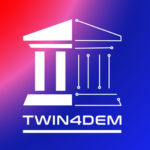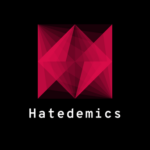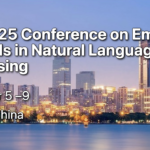Title: The Literary Computing Laboratory of ILC-CNR in Pisa: an introduction to research activities and tools.
Speaker: Emiliano Giovannetti (ILC-CNR, Pisa)
Abstract
The treatment of literary texts and their digital representation have been studied for many years, as evidenced by the proliferation of digital, centralized and distributed archives conceived to collect, preserve and promote literary texts. However, strategic lines for the development of models and computational tools that facilitate the study, the enrichment, the edition and translation of digital texts have not yet been defined.
The Literary Computing Laboratory (LiCoLab) of the Institute of Computational Linguistics “A. Zampolli” of CNR in Pisa deals with the study, experimentation and application of models and approaches of Computational Linguistics and Knowledge Engineering for the treatment of literary texts. The seminar will include an overview of the activities the LiCoLab is carrying out in the fields of text, context, intertext and software engineering for literary computing. In keywords:
-
text: multilayered textual models, NLP for Digital Humanities, stylometry;
-
context: text ontologies, atypical ontologies, integrated models for lexicon, terminology and ontology representation;
-
intertext: computer-assisted translation, study of existing translations, multi-language lexica;
-
software engineering: community-driven object-oriented design and development of applications for Literary Computing
A brief presentation of the tools developed by the Laboratory will also be provided.
Short bio of the speaker:
Emiliano Giovannetti got a Degree in Computer Science and a PhD in Information Engineering at the University of Pisa. From 2003 he has worked at the Institute of Computational Linguistics “A. Zampolli” of CNR in Pisa (ILC-CNR) as a fellow researcher and, since 2011, as a researcher. His main interests include: natural language processing, literary computing, computer-assisted translation, knowledge representation and reasoning, ontologies and computational lexicography. Since 2014 he is coordinator of CNR’s Module “Linguistic-semantic techniques to support the translation and the consultation of texts”. He is currently the scientific coordinator of the “Progetto Traduzione del Talmud Babilonese” and head of the Literary Computing Laboratory at ILC.
Location:
Sala Direzione, FBK





